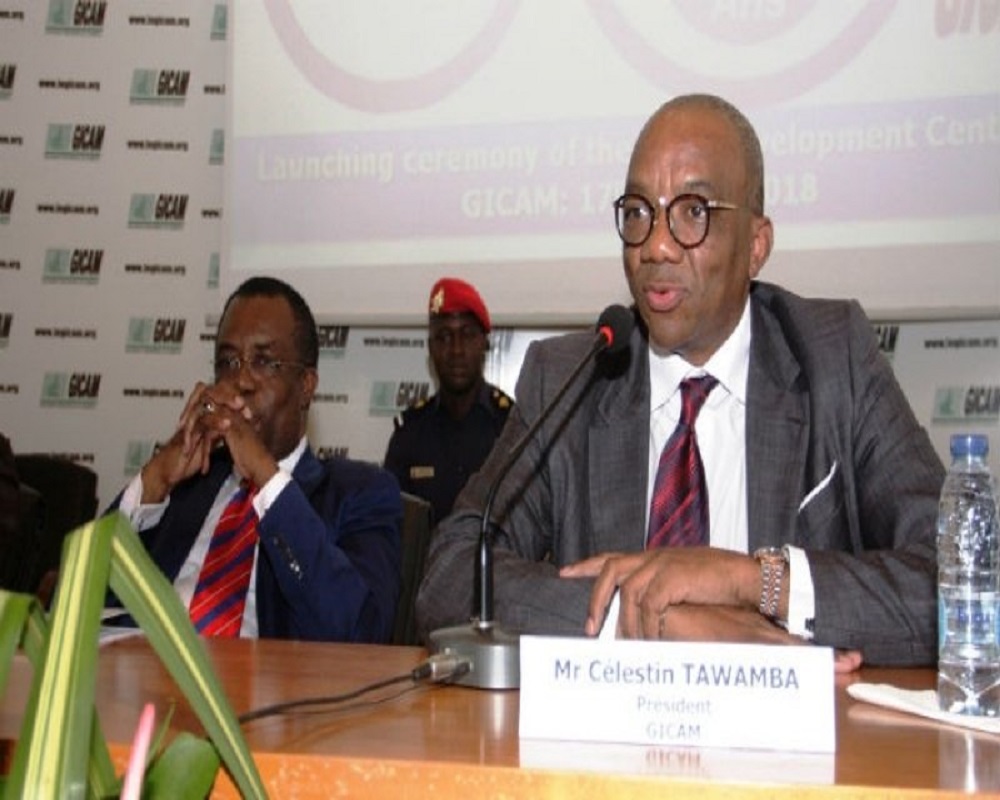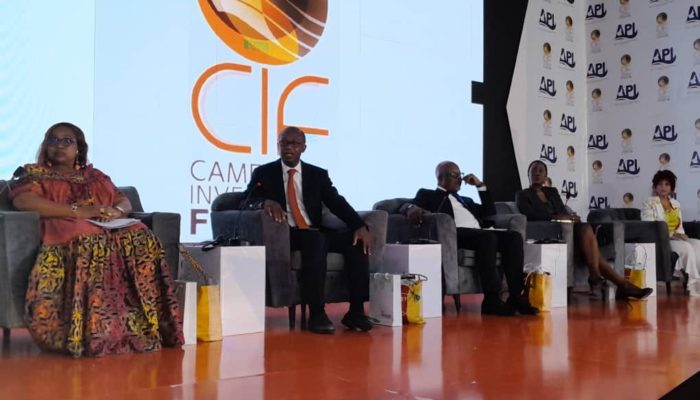The Cameroon Employers Group GICAM denounces the inadequacies of the law of July 2018 governing vocational training in Cameroon, which does not facilitate job creation and the competitiveness of businesses. The Groupement inter patronal du Cameroun (Gicam) disagrees with the state on the law governing vocational training. The country’s biggest employers said it during a working meeting with Issa Tchiroma Bakary, Minister of Employment and Vocational Training (MINEFOP).
It was October 8, 2020 at the Gicam headquarters in Douala. The purpose of the consultation was to assess the law on vocational training promulgated on July 11, 2018, 42 years after the previous one, which has become unsuited to current changes in work.

At first glance, Célestin Tawamba deplored the lack of prior consultation with employers, who would have corrected the shortcomings of this law when it was drafted. The president of GICAM particularly deplores the government cacophony about the professionalization of employment with at least 11 ministries involved in the promotion of professionalization programs. A situation which makes the employers less audible in the field, even though they are the main creator of wealth.
As a result, business leaders deplore, young people are loaded with diplomas but are incompetent in the field. However, Célestin Tawamba insists, vocational training is a strategic issue for the Cameroonian company in a context of competitiveness.
A professionalization that must be generalized to all human resources in companies to raise their level of competitiveness, he continued. But the most indignant case, denounces the president of Gicam, is that of the project of specialized vocational training centers (Cfps), fruit of the partnership on vocational training, between Gicam and MINEFOP since 2012.
A financing agreement of 15 million euros (9.5 billion FCFA) had been signed between the State of Cameroon and Afd. Since 2015, the funds are available. But the low execution rate (17%) of the said project marked by the laying of the first stone still postponed, the suspension of certain contracts, awarded by mutual agreement, constitute the bottlenecks which plague this strategic project in the absorption of the problem of professional employment. “Supposed to end in 2019, the project did not start because of government dysfunctions, while funding has been available for six years,” says Célestin Tawamba.





